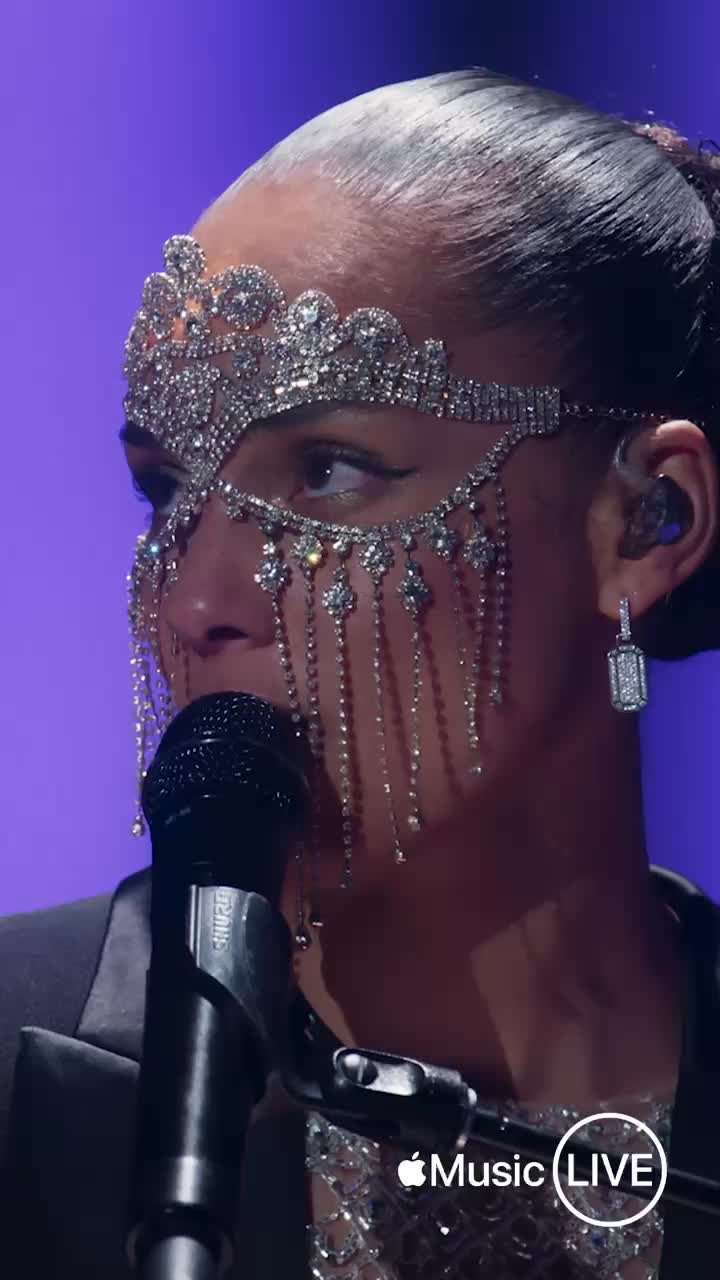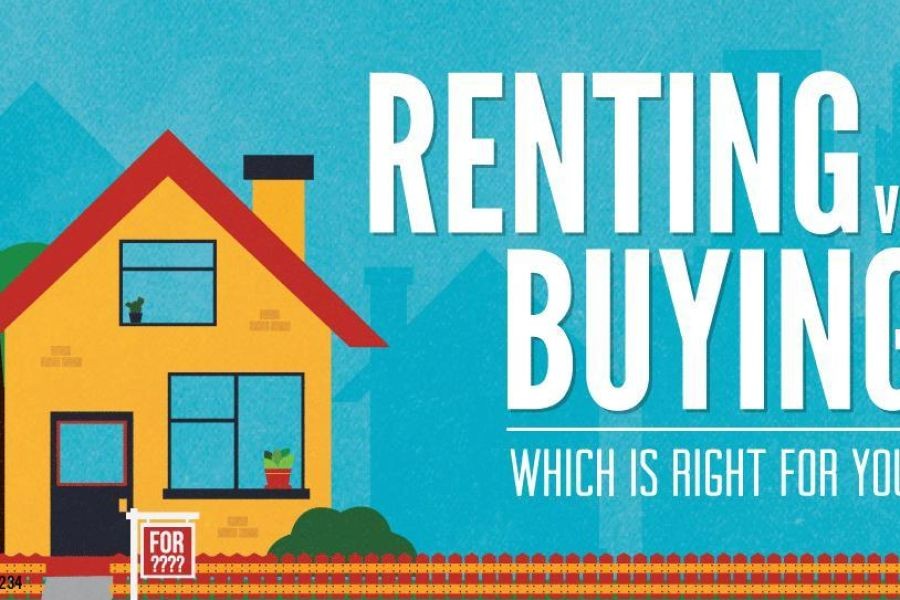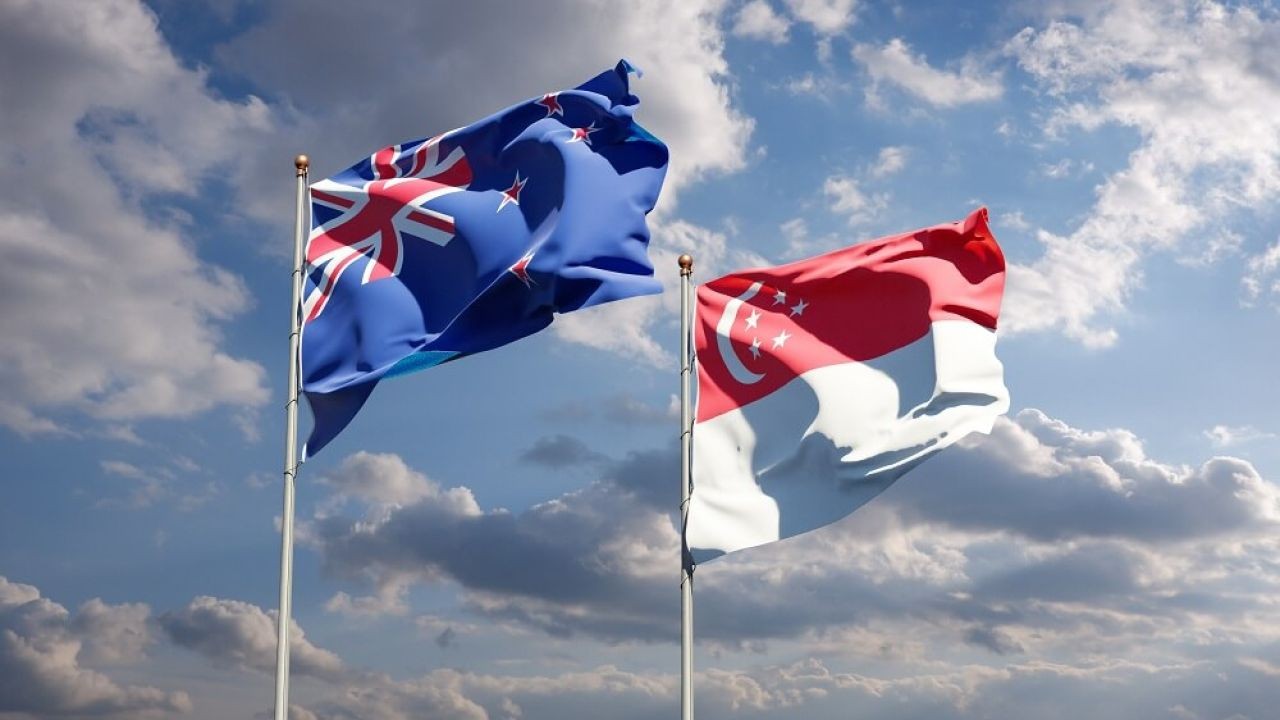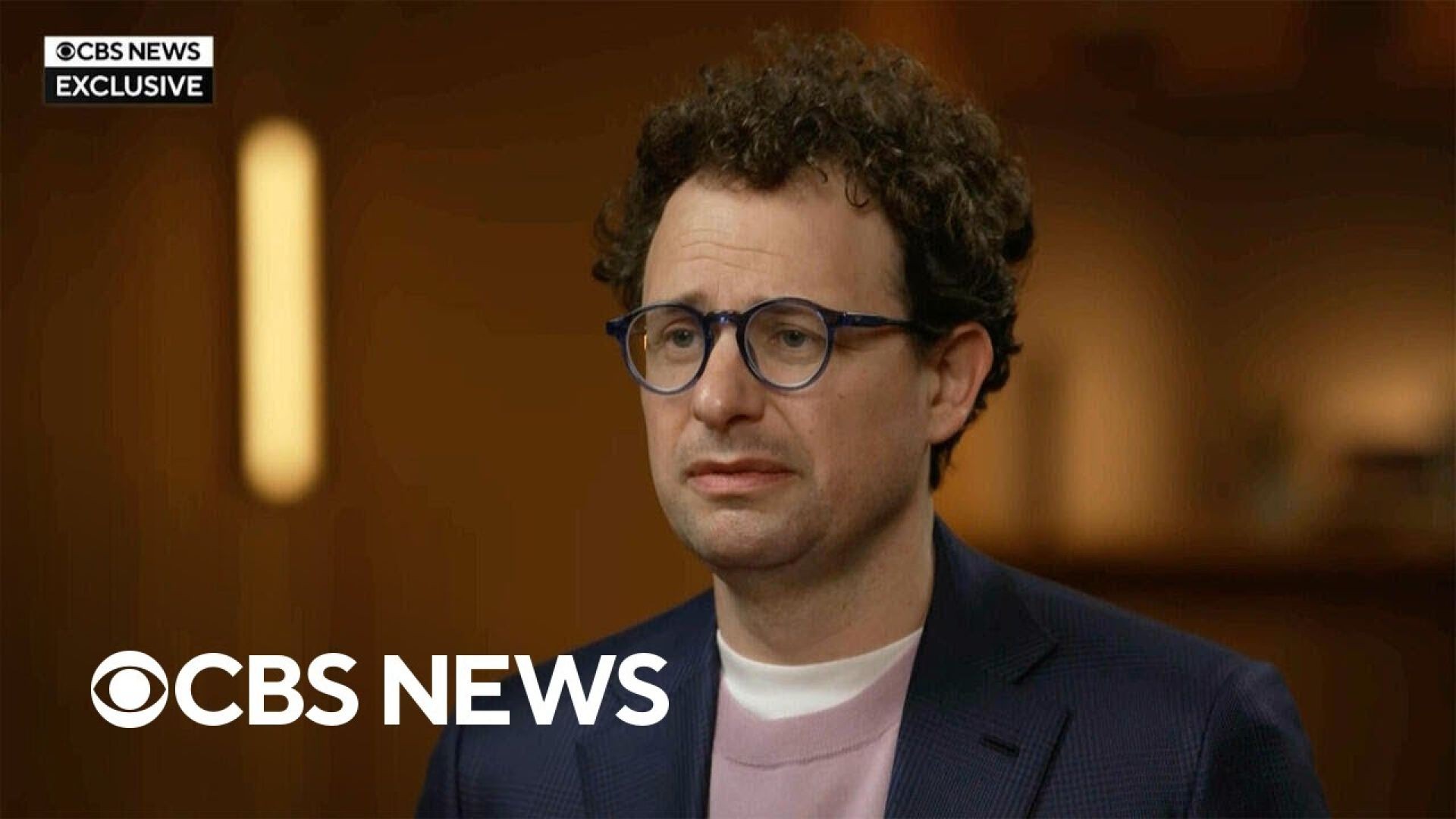In a digital age where social media is altering the fabric of political engagement, New Zealand’s political figures are leveraging these platforms like never before. The transformation in political communication is not just a trend but a significant shift with wide-ranging implications for New Zealand’s political, economic, and social landscape. Recent data from Stats NZ indicates an 80% internet penetration rate among Kiwis, highlighting the potential reach of political messaging. This article delves into how New Zealand politicians are utilizing social media to influence public opinion, engage with constituents, and shape policy debates.
Case Study: The Rise of Jacinda Ardern’s Social Media Strategy
Problem: New Zealand Prime Minister Jacinda Ardern faced the challenge of maintaining public trust and effectively communicating policies during the COVID-19 pandemic. With traditional media channels struggling to keep up with the fast-paced news cycle, Ardern needed a direct line to the public.
Action: Ardern utilized Facebook Live to conduct regular updates, directly engaging with citizens in a transparent and approachable manner. She leveraged this platform to provide real-time information, answer questions, and reassure the public during uncertain times.
Result: The strategy significantly increased public trust, with a Colmar Brunton poll showing an approval rating of 65% during the pandemic. Her live sessions attracted hundreds of thousands of views, illustrating the power of direct, unfiltered communication.
Takeaway: This case study highlights the effectiveness of using social media for crisis communication. New Zealand politicians can learn from Ardern’s approach to foster transparency and trust among constituents.
Data-Driven Insights: Social Media’s Impact on New Zealand’s Political Landscape
A recent report by the Ministry of Business, Innovation & Employment (MBIE) shows that 72% of New Zealanders use social media as a primary news source. This shift has profound implications for political campaigns and public engagement strategies. The report also indicates that social media platforms have become a battleground for policy debates, influencing public opinion and voter behavior significantly.
Pros vs. Cons of Social Media in Politics
Pros:
- Direct Engagement: Politicians can engage directly with constituents, bypassing traditional media filters.
- Real-Time Feedback: Social media allows for instant feedback on policies and public sentiment.
- Broader Reach: Platforms like Facebook and Instagram have extensive reach, especially among younger demographics.
Cons:
- Information Overload: The rapid spread of information can lead to misinformation and confusion.
- Privacy Concerns: The use of personal data for targeted political campaigns raises ethical questions.
- Polarization: Social media can amplify divisive rhetoric and polarize public opinion.
How Social Media Strategies Work: A Deep Dive
Political figures in New Zealand are increasingly adopting data-driven strategies to optimize their social media presence. This involves analyzing user engagement metrics to tailor content that resonates with specific demographics. Tools such as Sprout Social and Hootsuite are employed to schedule posts, monitor engagement, and assess the impact of their messaging.
Moreover, politicians are using targeted advertising to reach undecided voters. This strategy involves demographic targeting and psychographic profiling to deliver personalized messages. According to a report by NZTech, targeted political ads have increased voter engagement by 30% in recent elections.
Balancing Act: Transparency vs. Manipulation
While social media offers unprecedented opportunities for engagement, it also presents challenges. The line between transparency and manipulation can be thin. Political figures must balance engaging with constituents and being ethical in their use of personal data. The New Zealand Privacy Act 2020 provides guidelines, but enforcement remains a challenge.
Myths and Misconceptions
- Myth: Social media is only for young voters. Reality: Stats NZ reports that 60% of users over 50 engage with political content online.
- Myth: Social media is a passing trend. Reality: Its influence is growing, with increasing integration into daily life and political processes.
- Myth: Misinformation is easily identifiable. Reality: Sophisticated campaigns make it challenging to discern truth from falsehoods, impacting voter perceptions.
Future Trends and Predictions
The future of political engagement in New Zealand will likely see an even greater reliance on digital platforms. According to a Deloitte report, by 2028, 80% of political campaigns in New Zealand may be conducted entirely online. This shift will necessitate stricter regulations and more robust digital literacy among voters to prevent misinformation and ensure fair democratic processes.
Conclusion
New Zealand’s political landscape is transforming under the influence of social media. As politicians continue to harness these platforms, the potential for increased engagement and transparency grows. However, these benefits must be weighed against the risks of misinformation and privacy violations. As we move forward, it’s crucial for both politicians and voters to navigate this digital terrain with caution and awareness.
Want to stay informed on how digital trends are shaping New Zealand’s political scene? Join our newsletter for the latest insights and strategies.
People Also Ask
- How does social media impact politics in New Zealand? Social media enhances political engagement, offering direct communication with constituents and influencing public opinion.
- What are the risks of using social media in politics? Risks include misinformation, privacy concerns, and increased polarization among voters.
- How can politicians use social media effectively? By engaging transparently, using data-driven strategies, and respecting privacy guidelines.
Related Search Queries
- Impact of social media on New Zealand politics
- Social media strategies for political campaigns
- New Zealand social media statistics 2023
- Jacinda Ardern social media strategy
- Influence of social media on voter behavior































Dig stra
11 months ago